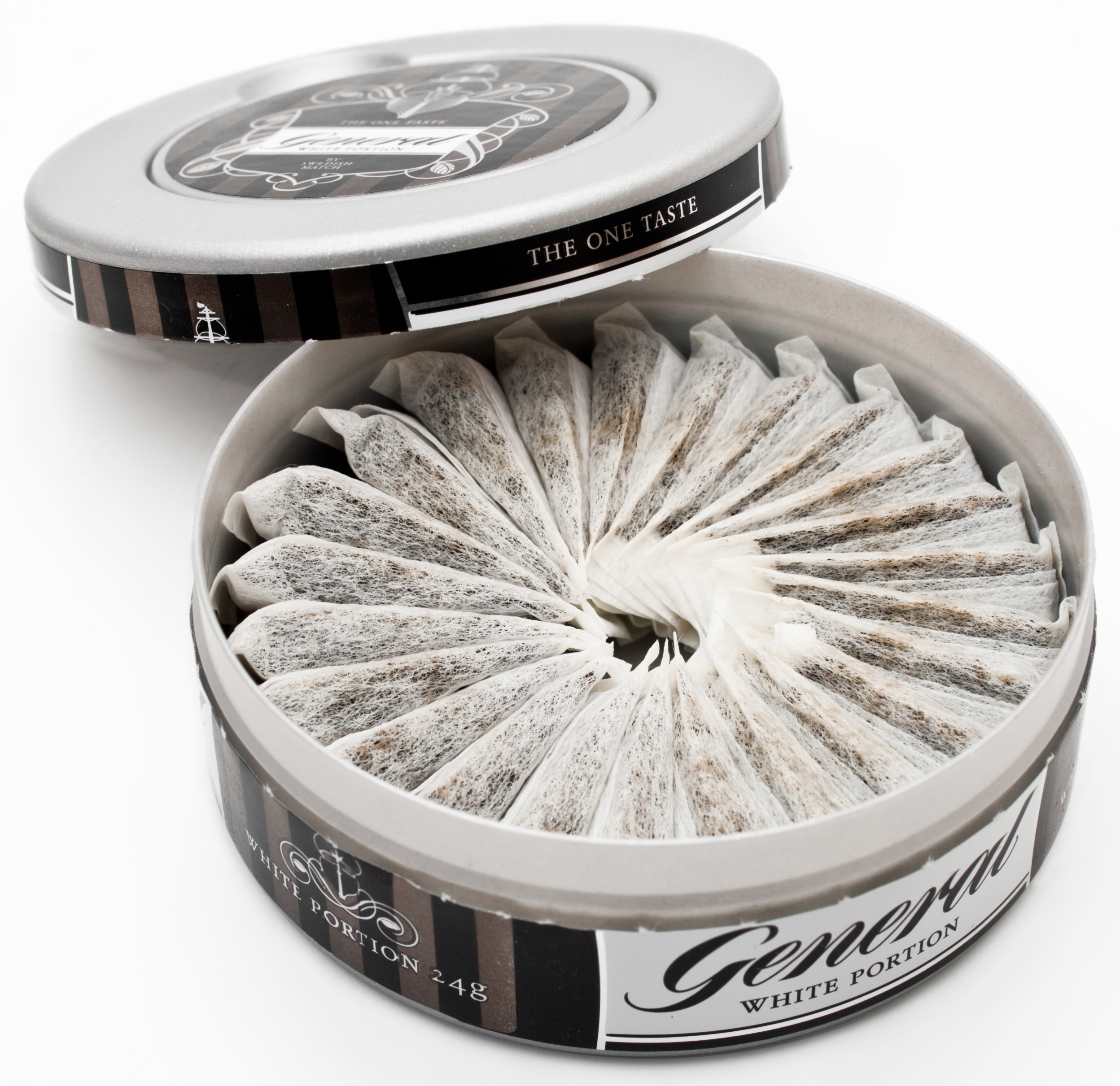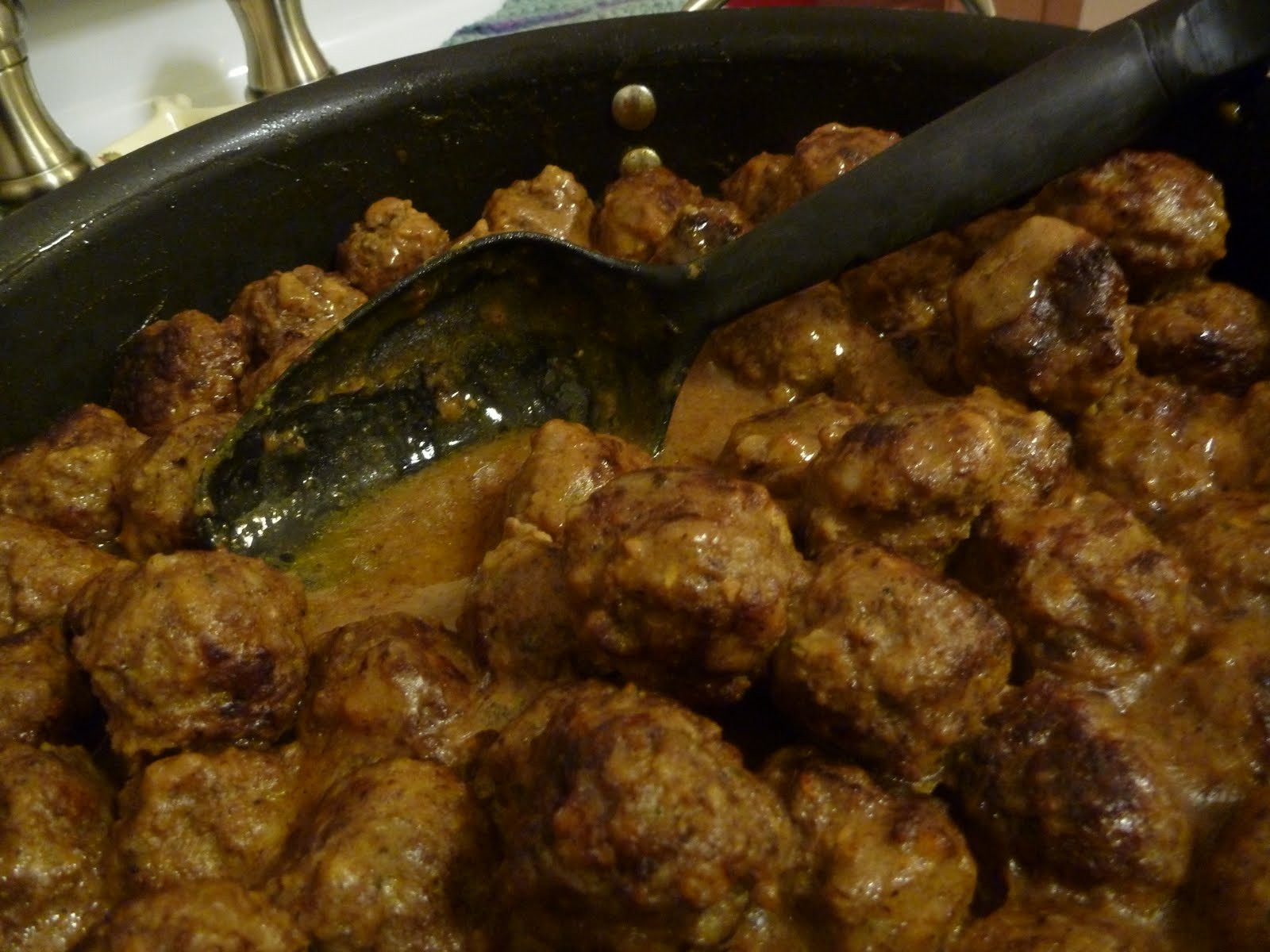SwedishNews
Helen Hunt’s Oscar gown from H&M. Research supports government in fight for “snus.” Ikea withdraws meatballs.
-
 Most Swedish snus is packaged and sold in easy-to-use pouches that are placed under the upper lip. Above: “White portion snus” from the Swedish label General.
Most Swedish snus is packaged and sold in easy-to-use pouches that are placed under the upper lip. Above: “White portion snus” from the Swedish label General. -
-
Helen Hunt’s Oscar gown from H&M
Amidst the glittering haute couture gowns at the Oscars, one stood out—not because it looked different or unbecoming, but because it didn’t have the regular Versace or Oscar de la Renta signature. It was the Swedish brand H&M. Yes, that’s right: Helen Hunt proudly walked down the red carpet in a stunning midnight blue strapless gown by mass retailer H&M. With the additional $700,000 worth of borrowed jewelry, of course. Said Hunt about her choice: “(I picked it) because it was the most beautiful dress I tried on and they partner with Global Green," she said. "It was a win-win-win." Asked if it was comfortable, she said, "I'm not in my sweat pants but I do feel pretty good." And H&M’s information director Kristina Stenvinkel felt pretty good too. “It’s an honor to design a gown for such a special occasion as this and to dress Helen Hunt for the red carpet,” she said. The blue gown was specially designed for Hunt and for the Oscar gala, and she got thumbs up for her choice by heavy fashion gurus such as Vanity Fair and Cosmo. Vanity Fair writes: “Even if Helen Hunt doesn’t win an Oscar tonight, she has won our hearts by wearing H&M.” -
 Ikea withdraws meatballs after horse meat is found in them.
Ikea withdraws meatballs after horse meat is found in them. -
-
Research supports government in fight for “snus”
According to an article in daily DN, the Swedish government is getting international support for their fight to keep the “snus” (snuff) from being banned in the European Union. Six health researchers now propose a new way to proceed in a joint letter to Maria Larsson, Minister for Children and the Elderly, which will pave negotiations with other EU countries. The six encourage the government to keep up the fight for each EU country to decide whether sales of “snus” or other smokeless tobacco should be allowed, but with joint EU rules regarding the ingredients. Among those who have signed the letter is Karl-Erik Lund, director of research at Sirus, the Norwegian Institute for Alcohol and Drug Research, Professor Michael Kunze, director at the Institute of Social Medicine in Vienna, Professor Emeritus Martin Jarvis, who has done scientific research on tobacco addiction, and Clive Bates, former chairman of the British anti-tobacco organization ASH. Together with ten other researchers, the above have previously written the EU commission and argued that snus is less dangerous than cigarettes, while also ensuring that they are not lobbyists for the tobacco industry. According to them, snus is the reason fewer people smoke in Sweden than in the rest of the European Union—13 percent of adults in Sweden smoke as compared to 28 percent in all of the EU. And mortality rates from lung cancer and cardiovascular diseases are lower in Sweden than in other countries.
They also believe the warning texts on the snuff packages ought to be changed. Instead of the current text: “This tobacco product may harm your health and may be addictive,” they propose: “This product contains nicotine and may be addictive, but is less of a health risk than cigarettes.” Says Jarvis: “Proof that smoke free tobacco has a health effect can no longer be ignored. There are no scientific arguments to ban access to less harmful cigarette alternatives.” Larsson and Prime Minister Fredrik Reinfeldt have expressed their argument in EU-negotiations mostly so that sales of snus may be continued in Sweden, and that the EU should not include what sort of flavor additives it contains. But the six researchers encourage the government to be more offensive. “We hope that you act forcefully for the health of people during the negotiations, even though it may be interpreted as support for a tobacco product,” they write to Larsson. They also ask the government to act for an exception for snus from the EU commission’s proposal for a ban on taste additives. They believe that smoke free tobacco products have less of a tobacco taste and therefore need flavor additives.
Negotiations regarding the new tobacco rules have commenced between the member countries and in the EU parliament. Last December, the EU commission presented a proposal which included extended health warning on cigarette packets as well as a continued ban of snus outside Sweden and regulations on what flavor additives may be included in cigarettes and snus. The commission warned that if snus is released on the market in other EU countries, it will lead to an increased tobacco use among young people, especially the sorts of snus that contain licorice and other flavor additives created to lure young people and women to begin using snus. The commission also has support among a string of researchers who believe launching snus in the rest of Europe will not lead to a decrease in smoking. -
Ikea withdraws meatballs
The horsemeat crisis in Europe is now affecting Ikea. The furniture giant withdrew the popular meatballs from sale in 14 European countries. Ikea said it removed the meatballs from the store in Sweden, after the authorities in the Czech Republic detected horse meat in their meatballs. The company said it had made the decision even though its own tests two weeks ago, had not detected horse DNA. According to the New York Times, Ikea also announced it was stopping its sales “of the concerned batch” of meatballs in other countries. “We are now initiating further tests on the same production batch in which the Czech Republic authorities found indications of horse meat,” Ikea added in a statement. It said results were expected in the coming days. “We do not tolerate any other ingredients than the ones stipulated in our recipes or specifications, secured through set standards, certifications and product analysis by accredited laboratories,” the statement said. As most of us know, meatballs (the beloved Swedish dish) can be consumed in Ikea restaurants all over the world, and are also offered frozen for sale in their in-store food shops. -
-
